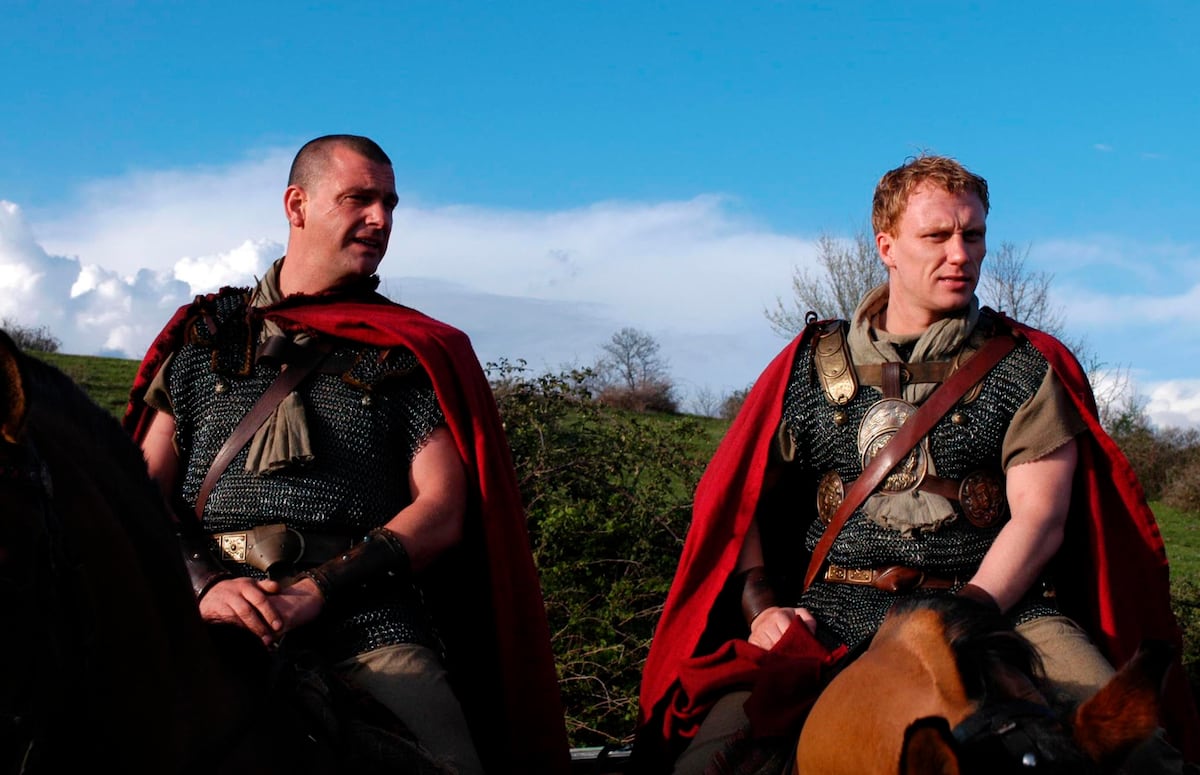
"It may sound anachronistic to use terms like espionage, counterintelligence, secret services, or double agents in relation to ancient times. But activities, organizations, and personnel that largely fit our current concepts were widely deployed by the civilizations of the ancient world, giving truth to the saying that there is nothing new under the Sun (or, in this case, the shadows). To provide a few examples: Ramses II was nearly defeated at the Battle of Kadesh (which ended in a stalemate)"
"The Spartans, for their part, developed sophisticated cryptography techniques (the scytale, a cipher consisting of a stick and a strip of leather). As for Alexander the Great, he not only had an intelligence service that allowed him to advance his army through Asia in full knowledge of exactly where he was going, but he also had thanks to secret agents a detailed understanding of the internal state of his troops, their morale, and their occasional discontent, as well as control over the conspiracies brewing"
"Hannibal was a master intelligence gatherer, and his brilliant maneuvers were not limited to the great battles in which he defeated the Romans, such as Cannae and Trasimene, but also extended to the realm of espionage and counterintelligence. Another great general of antiquity, Julius Caesar, who used his own cipher in his communications, deployed a sensational system of military intelligence during his conquest of Gaul, including the launching of a message on a javelin. However, it could also be considered a mistake to fail to"
Espionage, counterintelligence, secret services, and double agents were actively used across ancient civilizations and shaped military and political outcomes. Ramses II nearly lost at Kadesh because of military intelligence failures and Hittite counterintelligence; Egyptian forces were misled by captured Bedouin spies into an ambush by Muwatalli II's chariots. The Spartans employed the scytale cipher for encrypted communication. Alexander maintained an intelligence network and secret agents to monitor troop morale, internal dissent, and conspiracies. Hannibal excelled at intelligence gathering and counterintelligence alongside battlefield tactics. Julius Caesar employed ciphers and innovative intelligence methods in Gaul but failed to anticipate uprisings such as Ambiorix's attacks.
Read at english.elpais.com
Unable to calculate read time
Collection
[
|
...
]